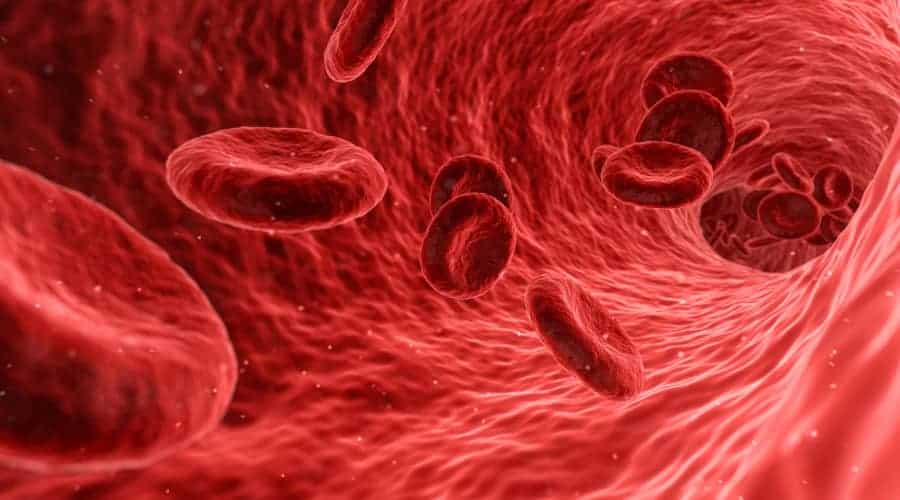As money-making schemes go, donating plasma may be right up there with the most ridiculous sounding methods. However, many people safely donate their blood plasma each year and are able to earn a good amount for doing so.
It is worth donating blood plasma for money if you live in a country that allows it. With an accredited clinic, this practice is safe and can earn donors up to $100 per appointment with first-time donors able to earn much more. Donating blood alone does not typically get rewarded with payment.
So if donating blood plasma can aid medical advancement whilst earning you over $1,000 dollars per year, it seems like it’s something worth considering for those looking to bring in some extra money.
Is it worth donating plasma for money?
Donating plasma for money is a very personal choice but if you live in a country that pays for plasma donations, it can be an effective way to earn a bit of money each month with very little effort expended. The practice is safe and donors can expect to earn $50 to $100 per appointment.
Plasma is a part of your blood that contains disease-fighting antibodies that can be used for producing medications. In a plasma donation appointment, blood would be drawn from your arm over an hour-long period as it would in an ordinary blood donation appointment.
As the blood is extracted, it is fed into a machine to separate the plasma with the remainder being reintroduced to your bloodstream.
Unlike typical blood donation appointments, it is possible in certain countries to be paid for donating your blood plasma. In most donation centres, it would be reasonable to accept payment of between $50 and $100 per appointment with larger amounts available for first-time donors.
Clearly, this financial benefit and the socially beneficial act of donating plasma for the wider medical benefit needs to be weighed up against the health risks but for most people, donating plasma for money can be an easy way to supplement your monthly income with little risk.

How much will I be paid for donating my plasma?
The amount you are paid for donating blood plasma will vary depending on your country and specific clinic, however, in the United States and large European countries, you can expect to earn at least $50 for an hour-long appointment. If eligible, you will be able to donate at least once per month.
Given you can earn between $50-$100 per month for donating plasma, this translates to an annual income of $600-$1,2000 per year given most people are able to donate no more than once a month.
This is a decent amount of money for 12 hours ‘work’. As work goes, sitting in a chair and having your blood drawn whilst reading a magazine isn’t too strenuous.
Why are you paid for plasma donation but not ordinairy blood donation?
Generally speaking, donors will find it easier to get paid for donating plasma than for ordinary blood donations. There are a few reasons for this, plasma donations typically take longer and are more complex as it involves splitting the plasma from the blood.
Blood donation clinics are typically against offering financial incentives for donations to prevent potential donors from lying about their health and donating blood that is not medically viable.
How often am I able to donate my blood plasma?
If eligible, you will be able to donate blood plasma once every 28 days according to the Red Cross and sometimes more often with private companies. You are able to donate plasma more frequently than standard blood donations as some of the blood is returned to your body with a plasma donation.
How often you are able to donate blood plasma will depend on the requirements and regulations in place in your country and specific donation clinic.
Can anybody donate blood plasma?
Not everybody is eligible to donate plasma. Strict health, age and weight requirements will need to be met in order to donate. A medical questionnaire and examination is a prerequisite to donating. Donors will also need to be tested for a multitude of transmissible diseases such as Hepatitis prior to donating.
For more information on eligibility, review the requirements on your local plasma donation clinic’s website.
What are the risks associated with donating blood plasma?
As with all medical procedures, donating blood plasma is not free from risk. Minor side effects like dehydration, fatigue and needle bruising are common. More serious side effects are possible but unlikely including damage to veins or infection caused by a dirty extraction needle.
Blood plasma donations may also not be appropriate for those with serious needle phobias.

How can I safely donate my blood plasma?
To be safe when donating blood plasma, the most important thing is to find a reputable, accredited clinic. This clinic will lay out all of the subsequent safety precautions and medical screening procedures in order for you to donate blood plasma.
If you are feeling unwell on the day of your appointment, it’s not advisable to proceed. As long as you find a reputable clinic, the blood plasma donation process is safe.
How long does it take to donate your blood plasma?
A blood plasma donation appointment takes around 1 hour. This will involve a clinician asking routine questions, noting a few health metrics and fitting the extraction needle. First-time donors should expect their first sessions to be longer due to the medical screening required prior to donating.
Whilst giving your blood plasma, you are free to relax as you wish but must remain sitting and avoid pulling the needle from your arm.
As always, please remember I am an Accountant, but not your Accountant. In this post (and all of my others) I share information and oftentimes give anecdotes about what has worked well for me. However, I do not know your personal financial situation and so do not offer individual financial advice. If you are unsure of a particular financial subject, please hire a qualified financial advisor to guide you.
This article has been written by Luke Girling, ACA – a qualified Accountant and personal finance enthusiast in the UK. Please visit my ‘About‘ page for more information. To verify my ACA credentials – please search for my name at the ICAEW member finder. Please comment below or contact me here to get in touch with questions or ideas for future posts.
